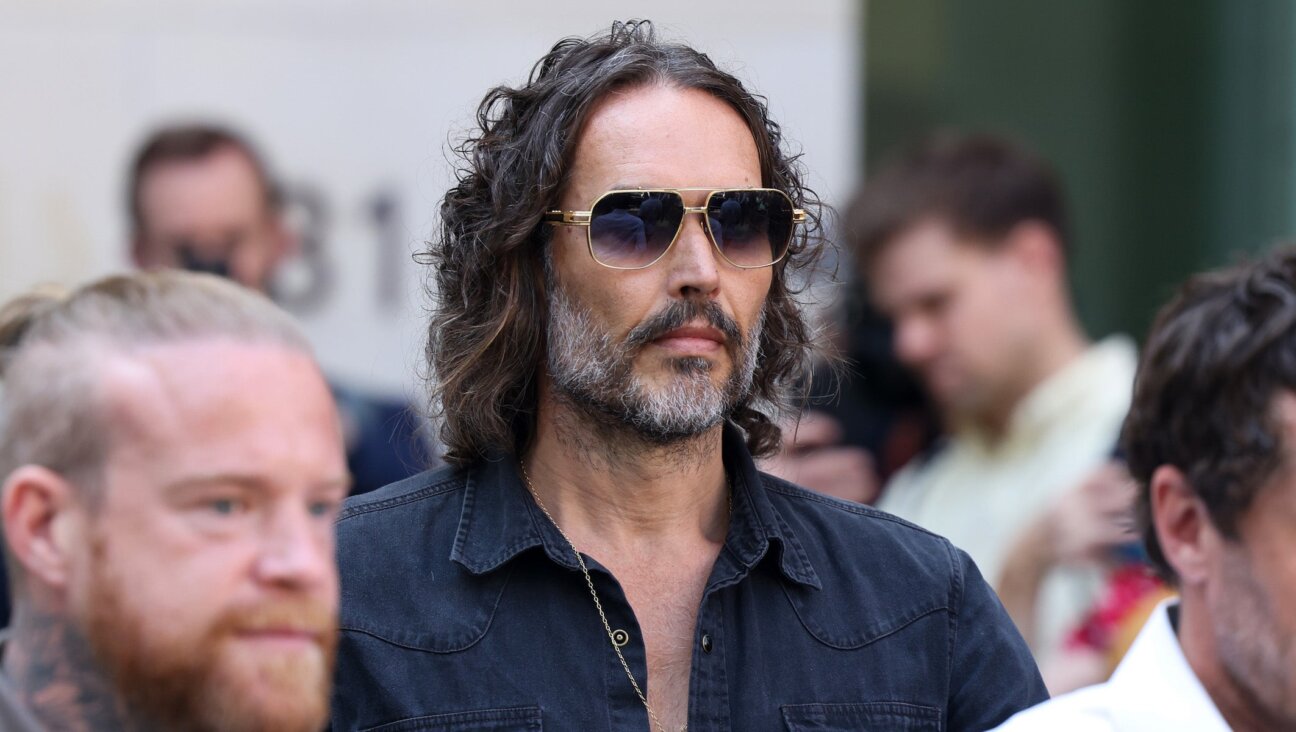Shrek and Fiona in Midlife

“Shrek the Final Chapter” caused a bit of a dispute in my house. Don’t get me wrong – I love the “Shrek” movies. The messages about beauty, gender, acceptance and love fly in the face of mainstream Hollywood with the size-zero Photoshopped girly-girls who, even if they are detectives or fighters or professionals are still expected to be daintily gorgeous. And this last “Shrek” film, which I managed to enjoy on a very rare night out with my family, added to this gender rebellion as Fiona morphed into the tough, muscular but nevertheless compassionate Leader of the Ogre Resistance, awed and admired by (male) ogres all over Far Away Land. Contrasted with the ogres evil opposition, led by a puny Rumplestilskin whose army consisted of all (female) witches, the movie presented a novel gender chiasm that you couldn’t help but love.
Still, there was something in the story line that really irked me. The film revolves around Shrek’s mid-life crisis (although his babies are all of a year old). The daily grind of diapers, dishes and toilet repairs is losing its charm. Combined with his sense of loss-of-the-old-me, a pining for the days when his roar could really scare, Shrek is left feeling like he hates his life. Every parent watching his meltdown can no doubt relate.
We’ve all been there, wondered where in the parenting brochure with pictures of smiling babies and happily cooing parents, someone left out the part about sleep deprivation, absence of privacy, and the part where the kids pee on you. Most mothers I know can relate to the question, “What happened to the old me?” There was a time when I could roar, so to speak, where I existed in the world as I am, when I could recognize my own contours. What happened to my roar?
But that’s where the film disappointed me. Because the crisis was exclusively Shrek’s. Fiona, despite her alternate portrayal as Xena-Fiona, is idealized as the mother who wakes up every day perky and gratified, praying as she dries the dishes “that every day will be as perfect as today.” She has the necessary gratitude to get through life. Only the unappreciative Shrek needs a life lesson, a bit of an adventure for a day or so to give him the strength to continue.
In reality, I think that women are the ones more likely to need the respite and reprieve. Women are the ones who experience post-partum depression, women are the ones more likely to make significant personal and professional sacrifices for their children, and ultimately women are the ones more likely to wake up at the age of 40 and ask themselves, when have I last roared? But in the film, the crisis belongs to men, while the calm, contented, absence of ambition belongs to women.
But my husband disagrees. “You know, the film is called ‘Shrek’,” he pointed out, reminding me that I had no reason to expect it to deal complexly with Fiona’s character as well. (“They could have called it ‘Shrek and Fiona,’ I argued lamely, although the absence of lead women is a whole other topic.) But more than that, my spouse, who was busy stuffing the mushroom cannelloni for Shabbat dinner as I relaxed on a kitchen stool kvetching about a movie, pointed out that there was a really important message here for men.
“Lots of men abandon their families,” he said. And there are forms of abandonment in which men are actually still living at home. Men who put their careers above all else, who travel freely without regard to the needs of their wives and children, are also living out a form of escape. “The message to men is that they should appreciate what they have,” he said. “Family is everything. Many American men give that idea lip service, but don’t really buy into it in practice. I think Shrek’s resolution at the end was a really great model for fathers.”
Well, what can I say? He has a good point. And anyway, how can I argue? After all, the cannelloni is the kids’ favorite… and mine.
























